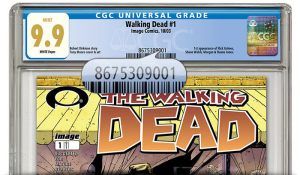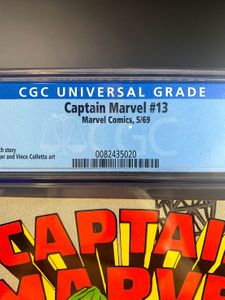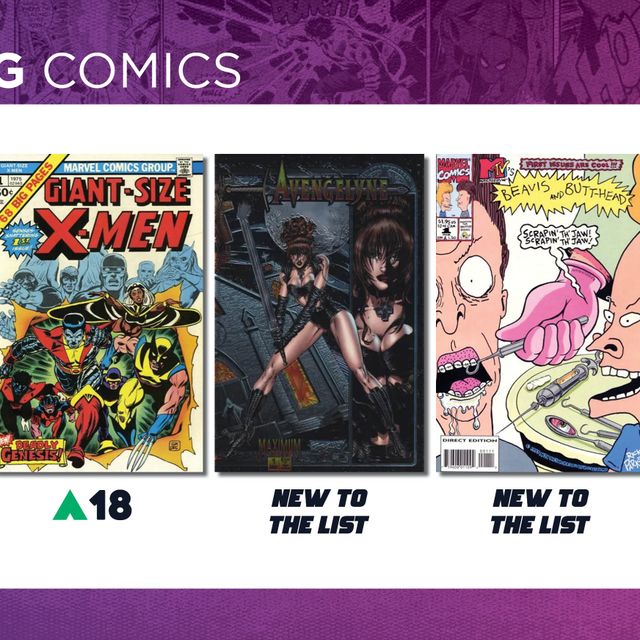
Steve Borock, who was a respected comic book dealer at the time, was hired by CGC to be their first comic book grader, and the rest is history. Since that time, a few other third-party grading companies have popped up. However, CGC remains the biggest and most widely known in the hobby. I will preface this article by saying that I have both graded and non-graded books. Therefore, I do see the merits of both. I posed this question to myself the other day, so I decided to share my thoughts and findings with you all.
As a serious (loose term) comic book collector and investor, should you have your books graded? Should you only focus on buying graded books? Let's take a look at the benefits of both raw and graded books. You can decide which type best fits your collecting strategy. Also, keep in mind, I don't think many people fall into the all-or-none category. You will likely develop both a raw book and graded book strategy within your overarching collection.
What are the Benefits of Graded Books?
Let's start with the impetus of the question, why grade your books? With this fairly new trend in the hobby, we are still learning how grading fits, but here are some of the basic benefits.
- Selling/Buying: You have a third party graded book that both the seller and the buyer can agree upon. This removes the tension of trying to agree on the grade of a book to make a deal, especially when you are buying/selling the book online.
- Encapsulation: Once the book has been graded and is then encapsulated, barring any major mishap, the comic should maintain that grade in the future. It also makes it easier to ship or move your books without worrying about bending and other damage occurring.
- Tracking: Websites like GoCollect make it easy for you to track your collection inventory and value by monitoring sales of graded books. It also allows you to scan or input the cert number on the book to add to your inventory. They automatically load your grade for you. You can also track when the book was sold and for how much, in most cases, based on the cert number located in the notes on the top of the case.
What are the Benefits of Raw Books?
There are certainly benefits to keeping your books raw or buying them raw as well. Let's take a look at a few of the top points for this conversation.
- Reading: Do you plan to read your books? Or just want the option to flip through the pages every now and then? Then you should not encapsulate them by having them graded. If you want to own a particular book as both an investment and to read, you might consider buying a low-grade reader copy to keep raw. Then purchase a higher grade book to grade.
- Speculation: Do you plan to buy a book purely on speculation? Before spending the money to have it graded, you should consider keeping it raw. At least until the value starts to rise. Then you can do a cost-benefit analysis of raw vs graded.
- Deals: I just had this conversation with a collector the other day. He wanted to get into a key book, but not spend a ton of money. Purchasing a raw book that you believe has potential for a high grade and then getting it graded typically costs much less than buying the book already graded.
These are just a few talking points on raw and graded books. To sum it up, I think that any book you are holding as a long-term investment should probably be graded for the reasons stated above, among others. In my next blog post, I will attempt to help you determine when it makes sense to get a book graded from a value perspective. If you have an opinion on raw vs. graded books be sure to comment below!




